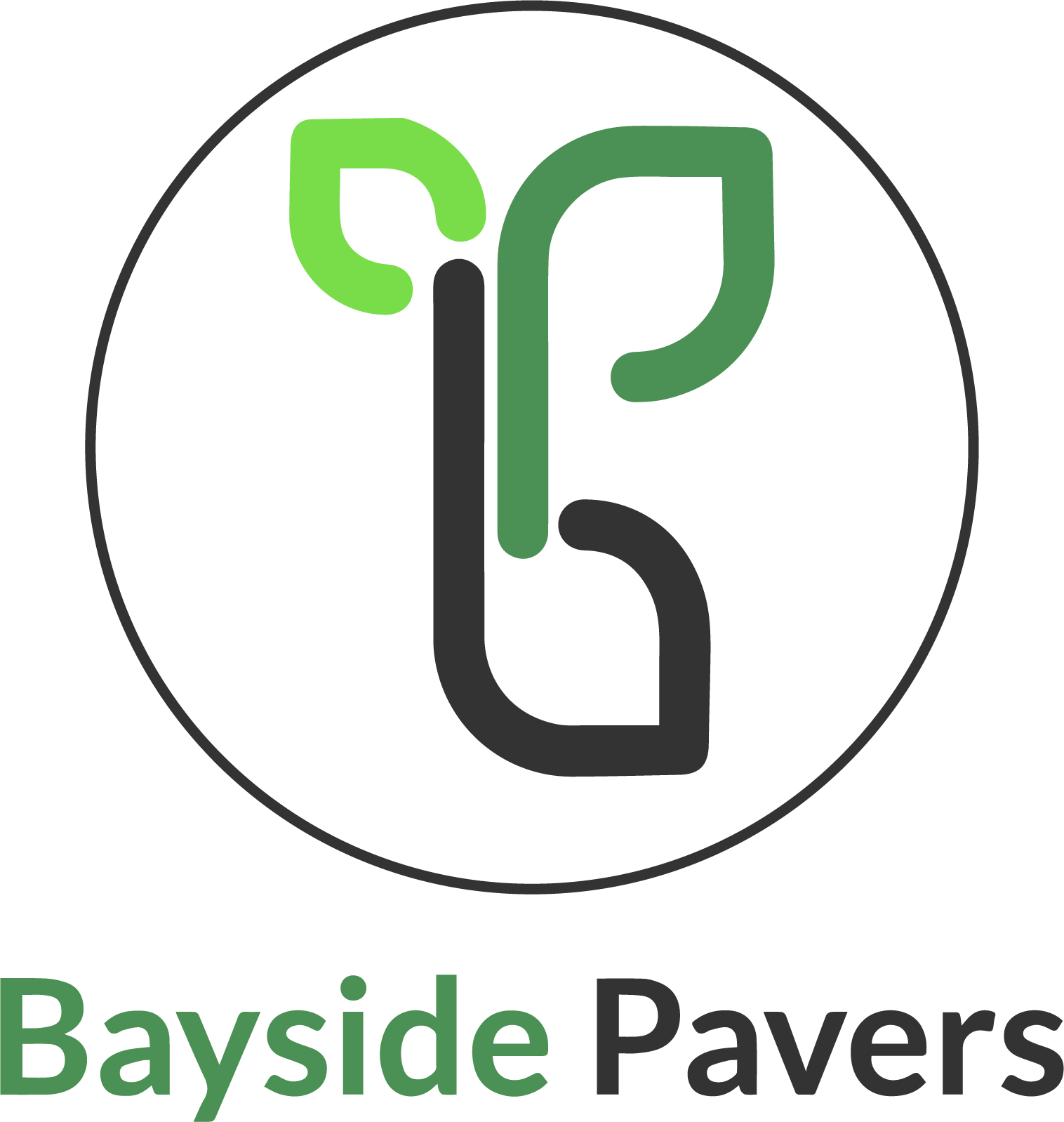Permeable Pavers For Driveways, Patios, and Hardscaping
Serving East Bay, North Bay, South Bay and San Francisco Community since 2009.
Choosing Types of Pavers for Your Home
Hardscaping is a wonderful way to add value and curb appeal to your home. Homeowners have a wide variety of paving material choices when it comes to driveway installation and landscape design hardscaping materials. If you’re planning a project, you have two choices in pavers; permeable pavers and standard, impermeable concrete pavers. Though there are many factors to consider when picking your paver material, the most important difference to note between the two options is that permeable pavers are more environmentally friendly and over time will have a more positive impact on the local ecosystem.
Environmental Benefits of Permeable Driveway Pavers
Did you know almost 90% of the water that hits standard, impermeable pavers is deposited into drainage systems that lead to rivers, lakes, and streams? Runoff from these surfaces can cause localized flooding, damage to streams, and diminish aquifer recharge rates, among other issues. This runoff water can also carry pollutants like nutrients, pesticides, sediment, and bacteria to be deposited into groundwater. Examples of these types of impermeable pavers include concrete or asphalt roadways, parking lots, and driveways.
We’ll Come Quote Your Project
Here in the California Bay area, many homeowners are opting to install environmentally friendly materials and choosing options like permeable pavers. While they do require regular maintenance, permeable pavers offer significant environmental benefits that make up for the added maintenance cost. Also, permeable paver installation is less intensive and can often be completed faster than standard interlocking pavers.
Permeable Pavers vs Standard Concrete Impermeable Pavers
Both types of pavers are flexible, durable, and available in a wide variety of sizes, shapes, styles, and colors. Both require professional installation to perform at their maximum efficiency. The difference lies in how they are installed and in how they perform. Permeable pavers require some maintenance that impermeable pavers do not. The aggregate between permeable pavers will need to be cleared of debris regularly and may have to be topped off every few years to keep them functioning properly.
Hardscape and Driveway Installation by Permeable Paver Experts
Permeable pavers installation is designed to allow water to slowly drain through the base layers. This process of paver installation is known as “open grading.” It involves using larger pieces of gravel and more “open” seams to allow water to easily pass through into the soil. The water has less contact with potentially harmful contaminants and reduces harmful runoff and helps to protect watersheds.
While permeable pavers are generally a bit more expensive to install, they require less installation time overall. They also do not require a separate drainage system which can actually make them as affordable as standard concrete pavers. Permeable pavers are a great, environmentally friendly choice for hardscaping projects like installing a patio, installing a pool deck, or adding a walkway.
SERVICES
We are Ready to Help
Pavers
Retaining Walls
Artificial Grass
Landscape Lighting
Outdoors Living
